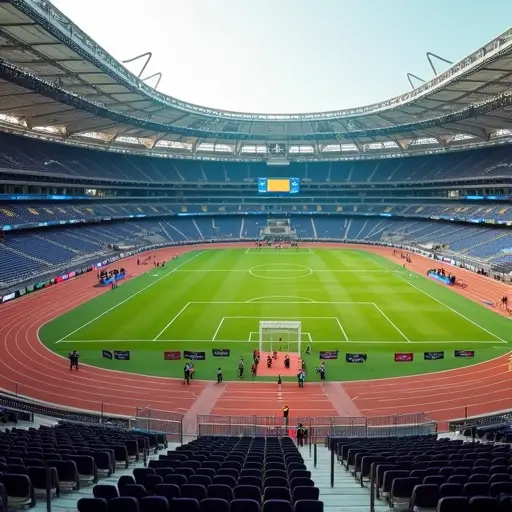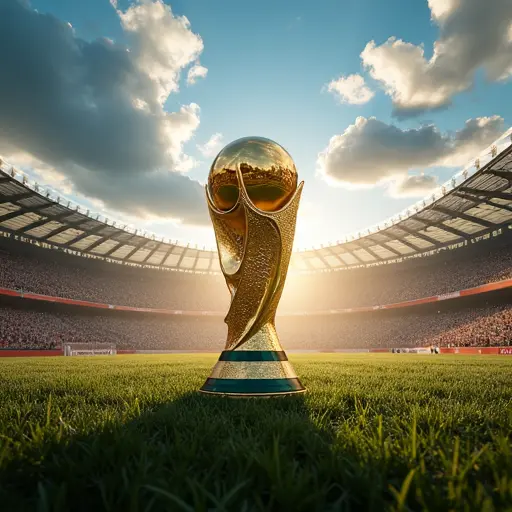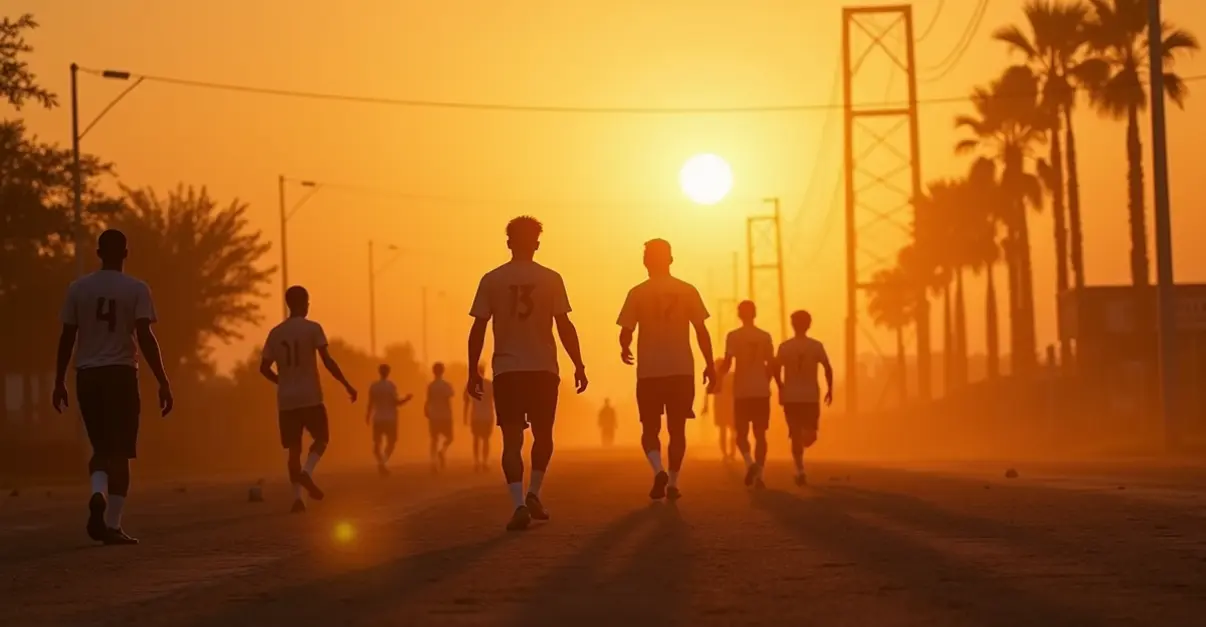World Cup 2026 preparations accelerate with stadium upgrades, transportation planning, and qualification progress. Five stadiums undergo major construction while 19 teams have qualified for the expanded 48-team tournament.

Massive Infrastructure Overhaul for Historic Tournament
The 2026 FIFA World Cup, set to be the largest football tournament in history with 48 teams competing across 104 matches, is driving unprecedented infrastructure investments across North America. With the tournament scheduled from June 11 to July 19, 2026, host cities are racing against time to complete stadium upgrades and transportation improvements that will accommodate an estimated 6 million visitors.
Stadium Transformations Underway
Five stadiums are undergoing major construction specifically for the World Cup, representing the next generation of hybrid venues designed to meet FIFA's exacting standards. Estadio JVC in Guadalajara is being completely rebuilt to increase capacity from 48,000 to over 55,000, while Kansas City's Arrowhead Stadium is undergoing comprehensive retrofitting. Vancouver's BC Place is receiving FIFA-grade natural grass pitch and hospitality upgrades, and Levi's Stadium in Santa Clara is expanding from 68,500 to over 71,000 seats.
Perhaps most notably, Mexico City's historic Estadio Azteca - already the only stadium to host two World Cup finals - is undergoing deep modernization. 'This isn't just about hosting matches; it's about creating lasting legacies for our communities,' says stadium project manager Carlos Mendez.
Transportation Planning Reaches Critical Phase
With matches spread across 16 venues in 11 US cities, 2 Canadian cities, and 3 Mexican cities, transportation logistics represent one of the biggest challenges. The Federal Highway Administration is coordinating mobility planning, with all host cities refining their transportation strategies throughout 2025 and finalizing them by January 2026.
Key initiatives include airport expansions, new metro lines, and shuttle systems connecting stadiums to hotels and tourist areas. 'We're not just moving people between matches; we're creating integrated transportation networks that will serve our cities for decades,' explains transportation coordinator Maria Rodriguez.
Qualification Race Heats Up
As of October 2025, 19 nations have already qualified for the expanded tournament, including hosts Canada, Mexico, and the United States. The qualification process has delivered several surprises, with Cape Verde, Jordan, and Uzbekistan set to make their World Cup debuts.
The African qualification process has been particularly dramatic, with Group C featuring chaotic scenarios after South Africa's forfeit due to fielding an ineligible player. This has opened opportunities for nations like Benin to potentially qualify for their first-ever World Cup.
Fan Travel Considerations
With the tournament spanning three countries, fan travel planning requires careful coordination. Travel experts recommend that most fans plan to visit 3-4 cities and book accommodations well in advance. The official draw on December 5, 2025, will provide crucial information for itinerary planning.
'Fans should treat this as both a sporting pilgrimage and a luxury city break,' advises travel specialist David Chen. 'Early booking is essential, and incorporating cultural experiences between matches will make for an unforgettable experience.'
Sustainability and Legacy
Host cities are prioritizing sustainability through green building codes, renewable energy generation, and carbon mitigation plans. Many stadiums are incorporating solar power and zero-waste initiatives, while transportation networks are being designed with long-term community benefits in mind.
The total cost of hosting is substantial, with Vancouver projecting costs of C$532-624 million for just seven matches. However, organizers emphasize that these investments will create lasting infrastructure improvements and economic benefits for host communities.
As construction continues and qualification matches determine the final field, anticipation builds for what promises to be the most ambitious World Cup in football history.

 Nederlands
Nederlands
 English
English
 Deutsch
Deutsch
 Français
Français
 Español
Español
 Português
Português









